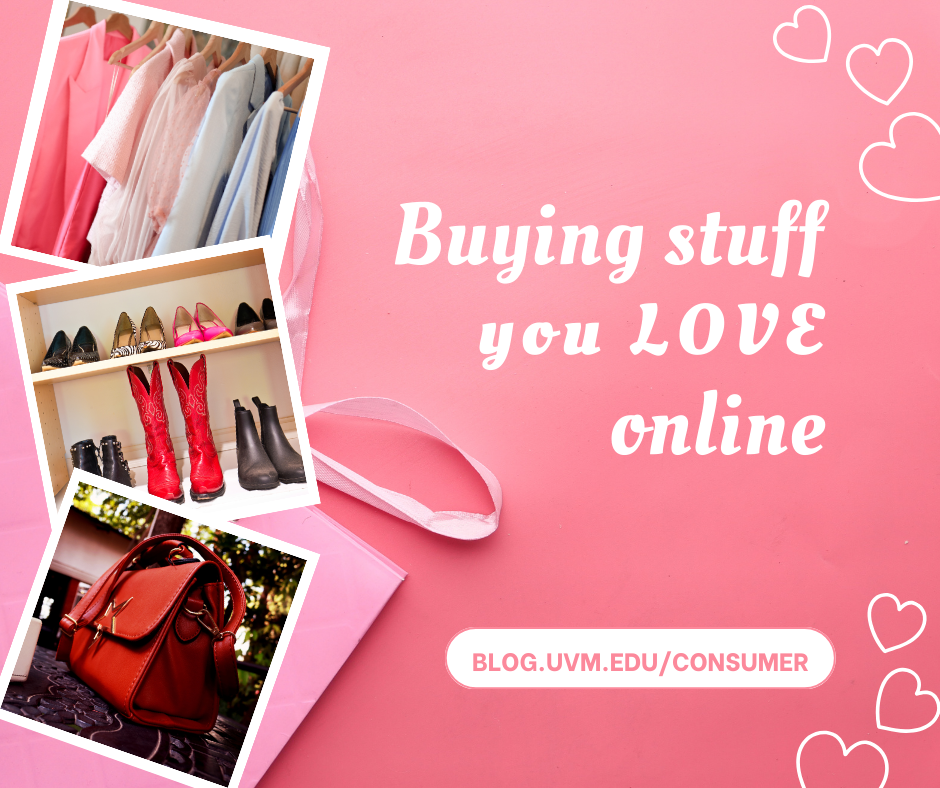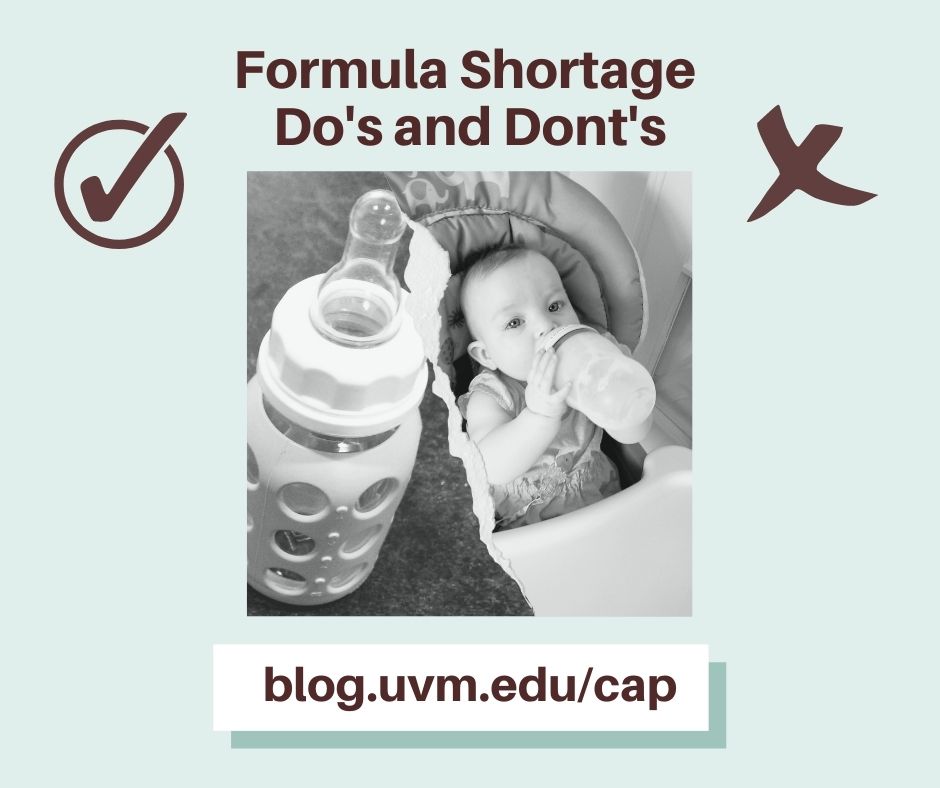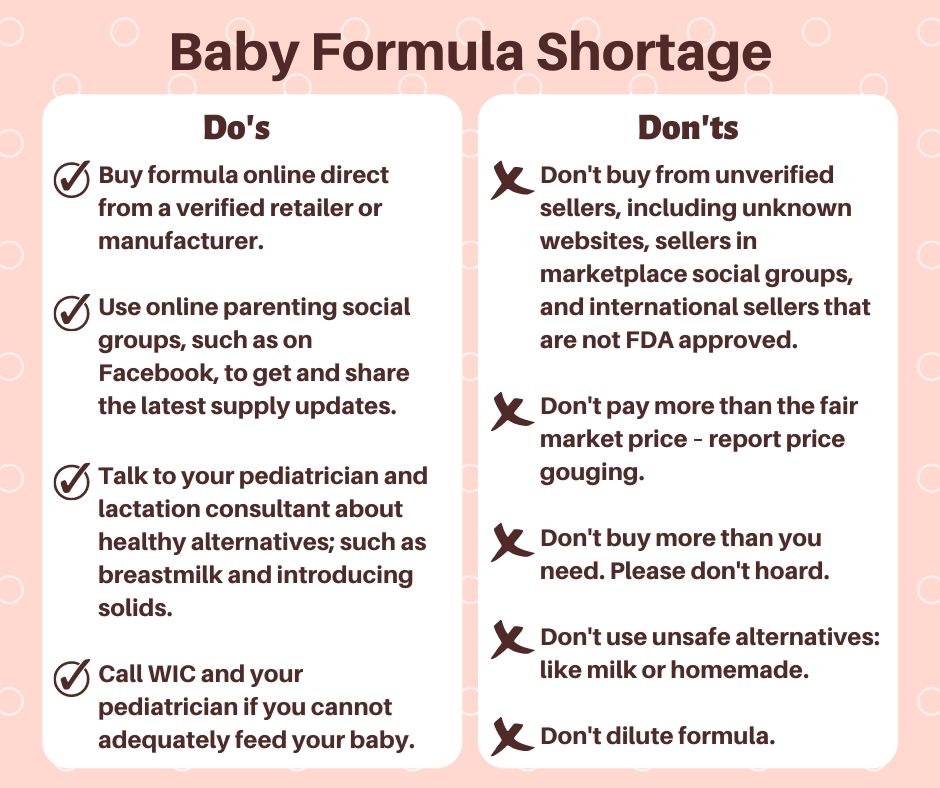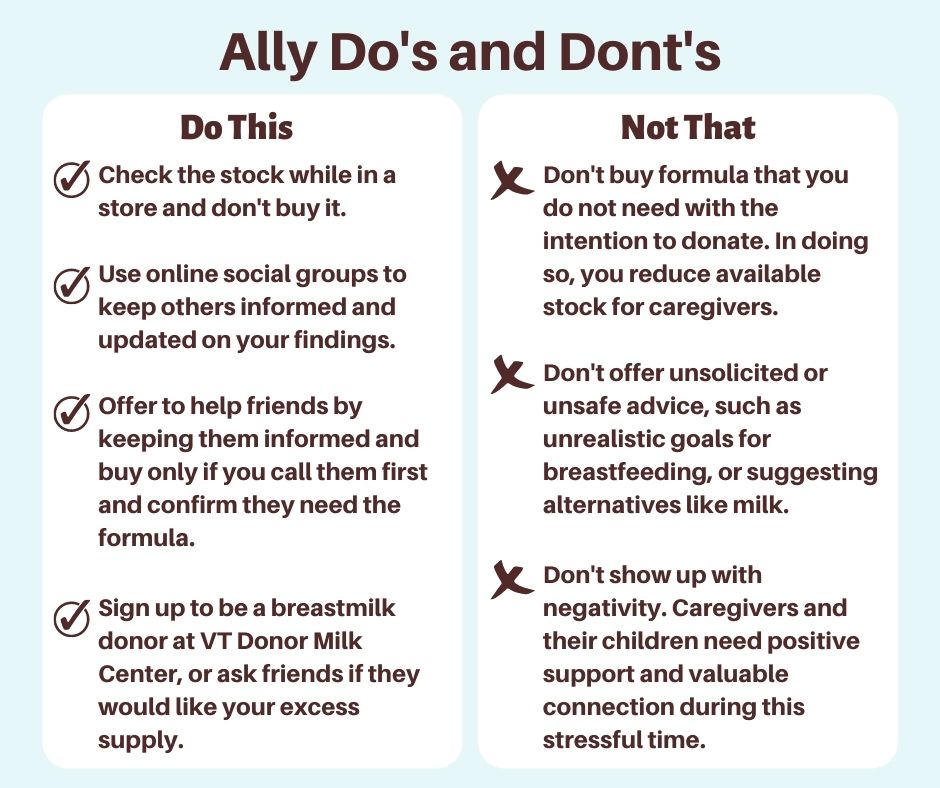Have stuff you love? One might argue consumerism is all about the love people have for the things they buy. And consumer protection, well, that’s the promise that the sale of things will be clear and fair. Plain and simple. You love your stuff and so there are laws and rules that protect you as the consumer when you are buying things. Sometimes, people pay for things online that they never receive. For some, that’s heartbreak.

So, what do you do when the thing you committed to purchasing from a website never arrives as a package at your door as promised?
- Try to discern whether the site is a scam or if the delivery delay was due to an error. Talk to friends and family about what happened and discuss. Do some browsing on the website. If pictures look pixelated and you notice spelling errors, the site is likely a fake.
- Found a fake? Inform your financial institution to dispute the charges. For credit cards, you have 60 days from the time the transaction was posted on your credit card billing statement to file a chargeback dispute (some cards allow more time, but not all). This means there is a clock ticking on when you can file a claim with the credit card company. If the item never arrives and you have found the website to be a fake, it is unlikely the company itself will not issue a refund. In this scenario, filing a dispute with your credit card company is your best course of action for a refund.
- Report fake and suspicious websites to federal authorities:
Federal Trade Commission: https://reportfraud.ftc.gov/#/
Federal Bureau of Investigation: https://www.ic3.gov/
The Mail, Internet, or Telephone Order Merchandise Rule is a Federal Rule that protects your mail, internet, or telephone orders of merchandise. What does the rule do?
- Sellers can solicit orders by mail, internet, or telephone only when they have a reasonable basis to expect that they can ship the ordered merchandise within the time stated on the solicitation (if no time is stated, within 30 days).
- If the seller cannot ship within the time stated (or 30 days, if no time is stated), the seller must get consent from the buyer to delay shipment.
- Without buyer consent to delay shipment, the seller must issue a prompt refund for the unshipped merchandise. (Federal Register, Federal Trade Commission)
Vermonters may file a consumer complaint with the Consumer Assistance Program when purchased items are not received, or are misrepresented: https://ago.vermont.gov/cap/get-help-consumer-complaint
Find something you love online? Protect your money. Take steps to verify the website is valid and perform online searches about others’ interactions with the site before buying. If you find that customers commonly say they do not get the product, or items are different than purchased, or advertised promises were not honored, look elsewhere. There is a chance the new thing you have come to love does not exist.






